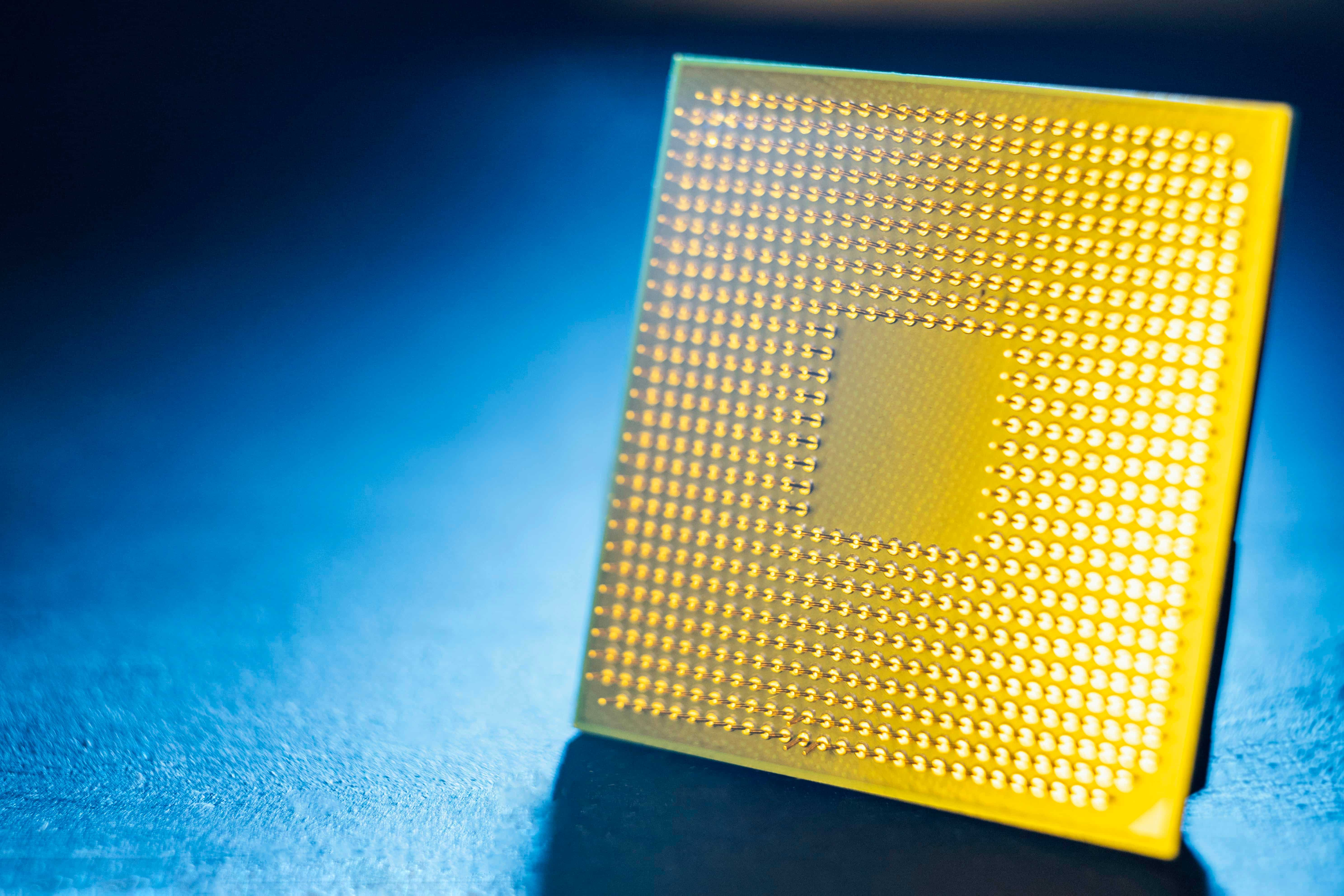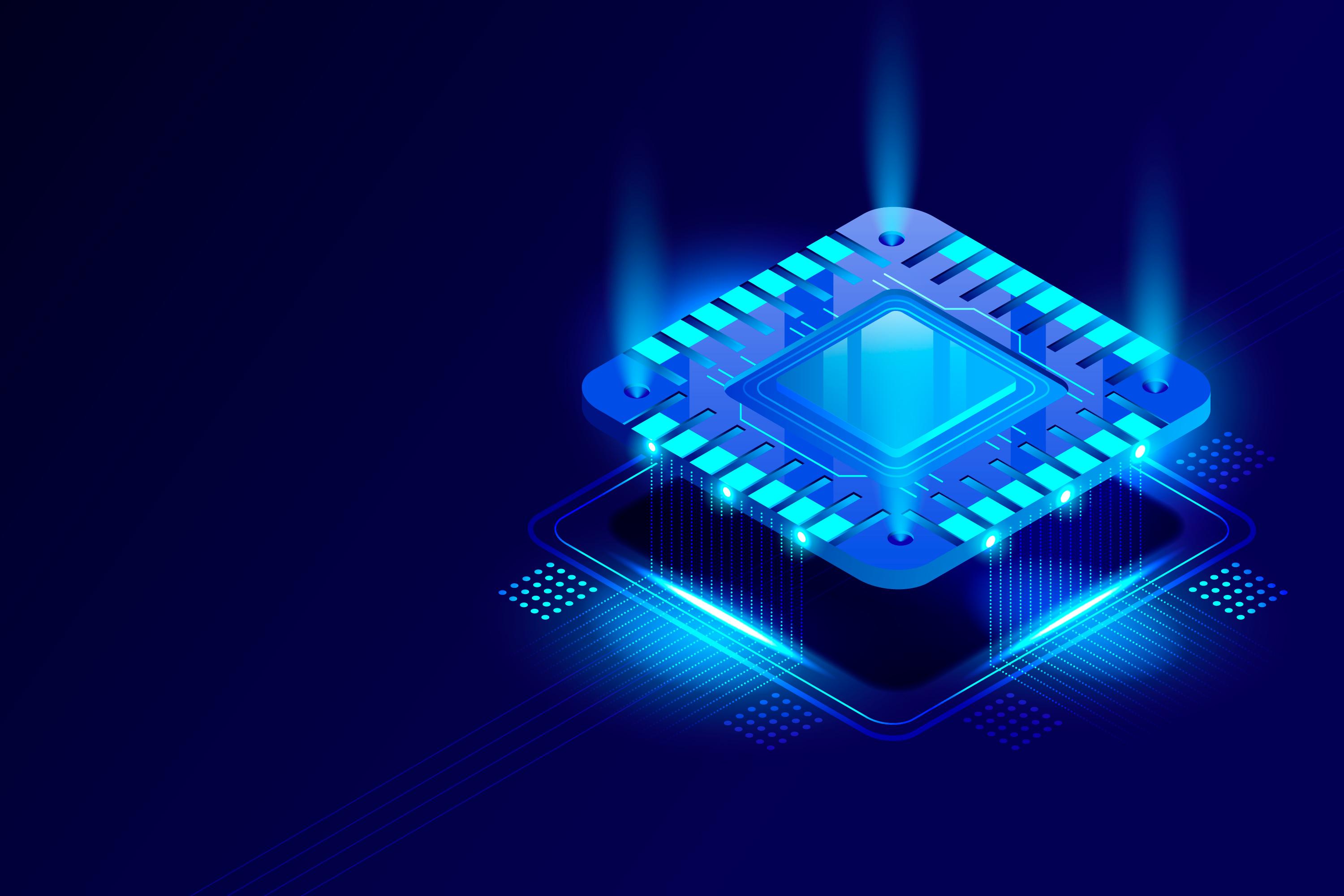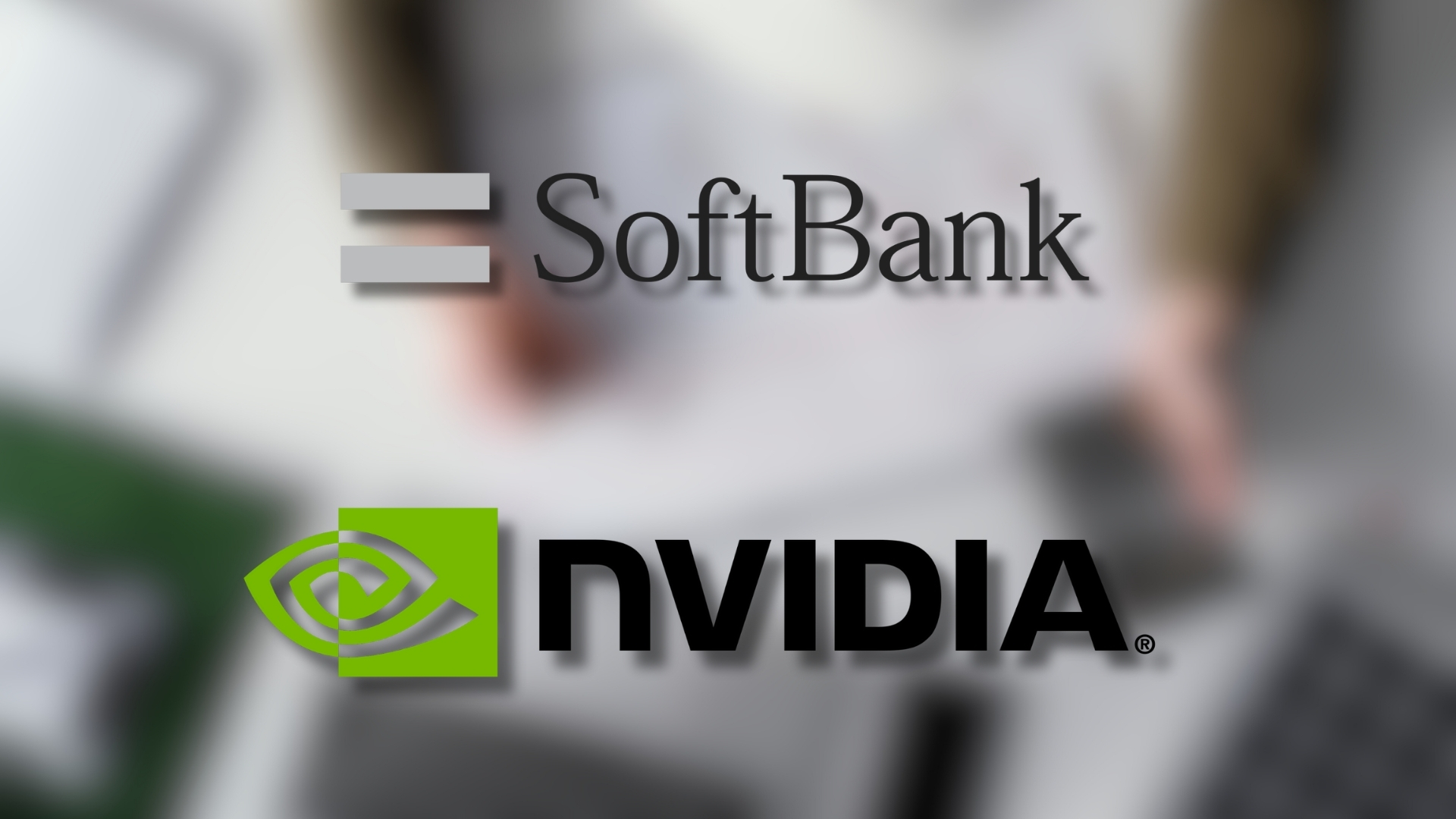Armenia’s ambassador, Narek Mkrtchyan, has met senior Apple representatives in Cupertino to discuss expanding the company’s activities in the country. The visit included talks with Jason Lundgaard, Apple’s senior director for international cooperation at corporate government affairs.
The ambassador outlined the Armenia–US memorandum on AI and semiconductor cooperation signed on 8 August and highlighted Armenia’s technology ecosystem and investment potential. Both sides explored areas for collaboration and the conditions under which Apple could expand its presence.
Apple plans to send a delegation to Armenia in the coming period to assess opportunities for growth and engagement with local institutions. The discussions signalled early steps toward a more structured partnership.
During the meeting, the ambassador thanked Mr Lundgaard for supporting the launch of Apple’s first educational programme at the Armenian College of Creative Technologies. The initiative forms part of a wider effort to strengthen skills development in Armenia’s digital sector.
Both sides reiterated their commitment to deepen cooperation and expand the educational partnership as Armenia positions itself as a regional hub for advanced technologies.
Would you like to learn more about AI, tech, and digital diplomacy? If so, ask our Diplo chatbot!









